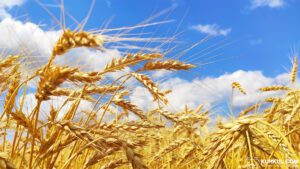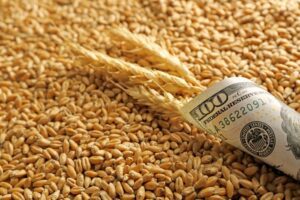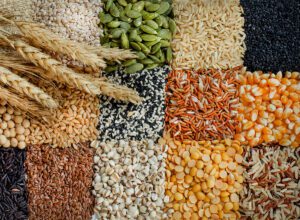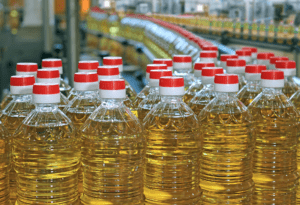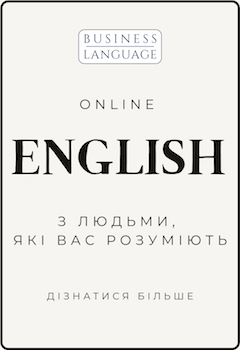Licensing of wheat exports from Ukraine, introduced on March 6 amid Russian aggression, has created additional pressure on domestic wheat purchase prices, and the abolition of this state regulation will revive exports and stabilize prices for this exchange commodity.
This is how experts of the electronic grain exchange GrainTrade commented on the statement made recently by First Deputy Minister of Agrarian Policy Taras Vysotsky about the abolition of licensing for wheat exports in July, according to the website of the grain trading platform on Monday.
“Amid blocked ports, the purchase prices for grain in Ukraine fell sharply, but the introduction of licenses for the export of wheat further increased pressure on prices, which dropped to UAH 5,500-6,500/tonne with delivery to the mill… In anticipation of the harvesting of the new crop, agricultural producers have to vacate warehouse space, therefore, they are activating wheat sales, which increase pressure on prices. Therefore, the cancellation of licenses will revive exports and stabilize wheat prices,” GrainTrade said in a statement.
According to it, licensing complicates the export of wheat bran for processing enterprises, which are forced to spend additional funds on their storage or disposal, which also pushes down the price of wheat in Ukraine.
As reported, last week, Deputy Minister Vysotsky, at a meeting with representatives of the European Business Association, said that Ukraine planned to cancel the licensing of wheat exports in July and recalled active cooperation with Baltic and Polish partners to create alternative routes for the export of Ukrainian agricultural products.
The Ministry of Agrarian Policy is also working to continue the abolition of quotas and duties for the entire period of Ukraine’s candidacy for the EU, as well as the harmonization of legislation with the European one.

